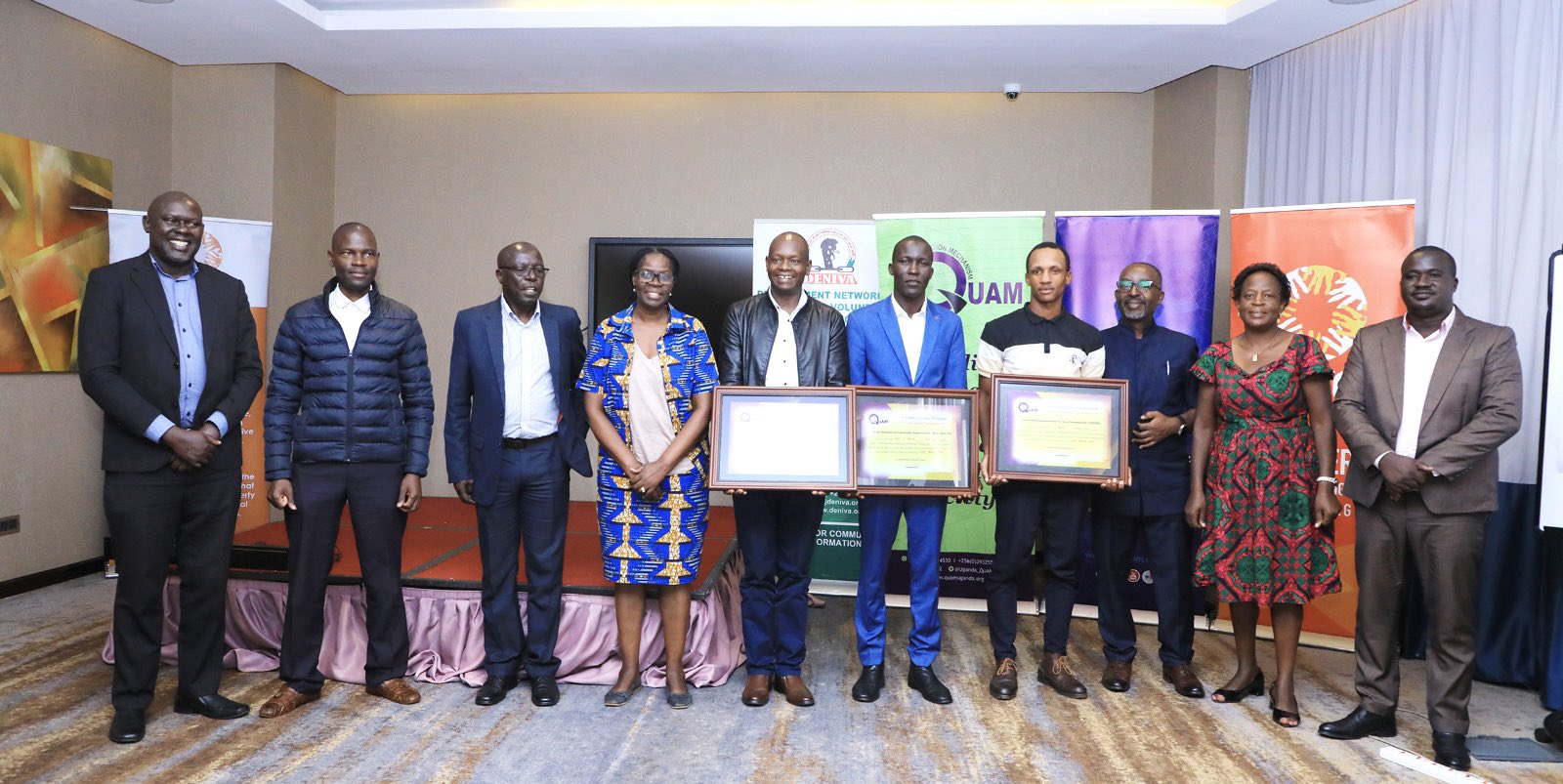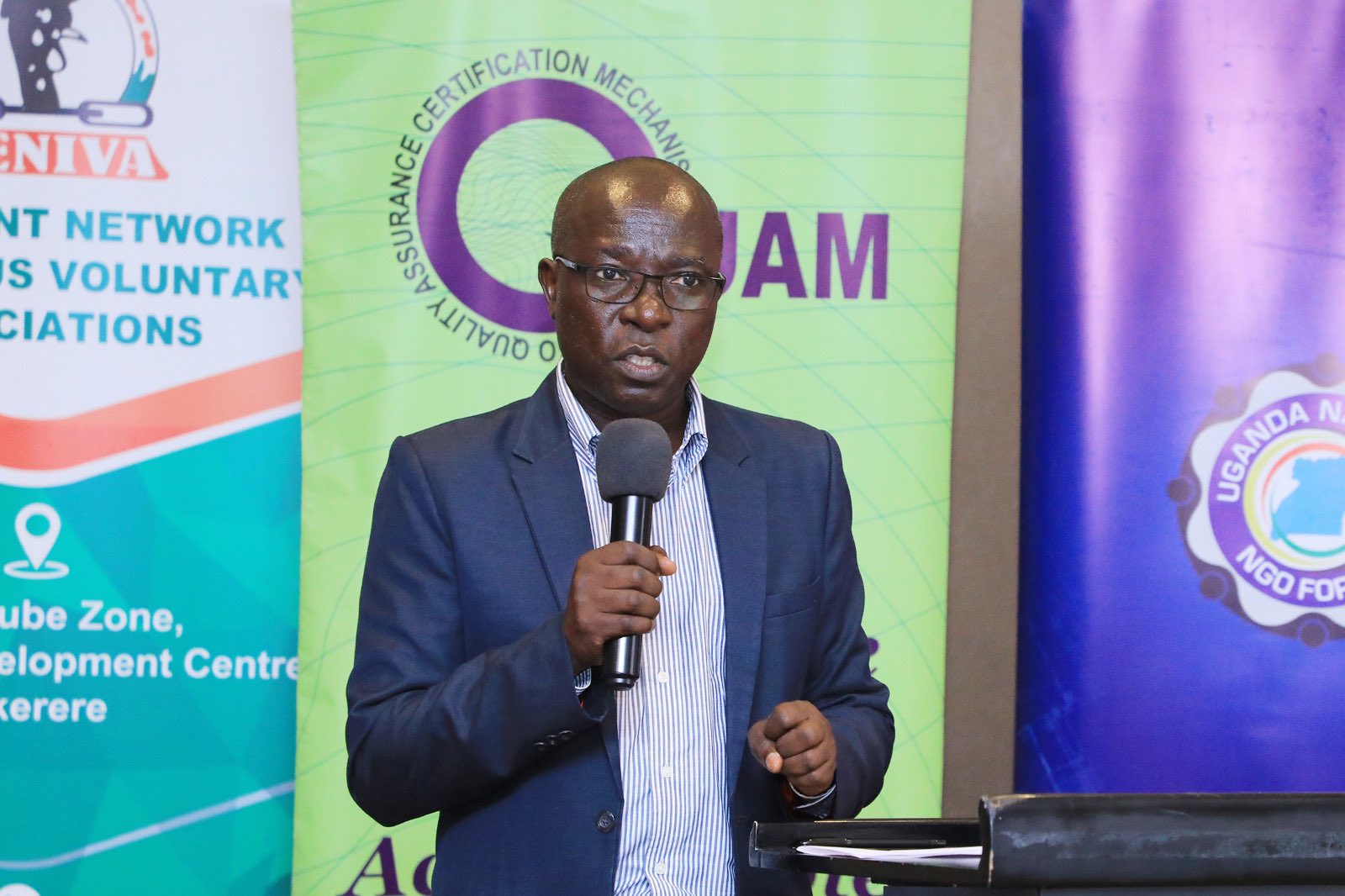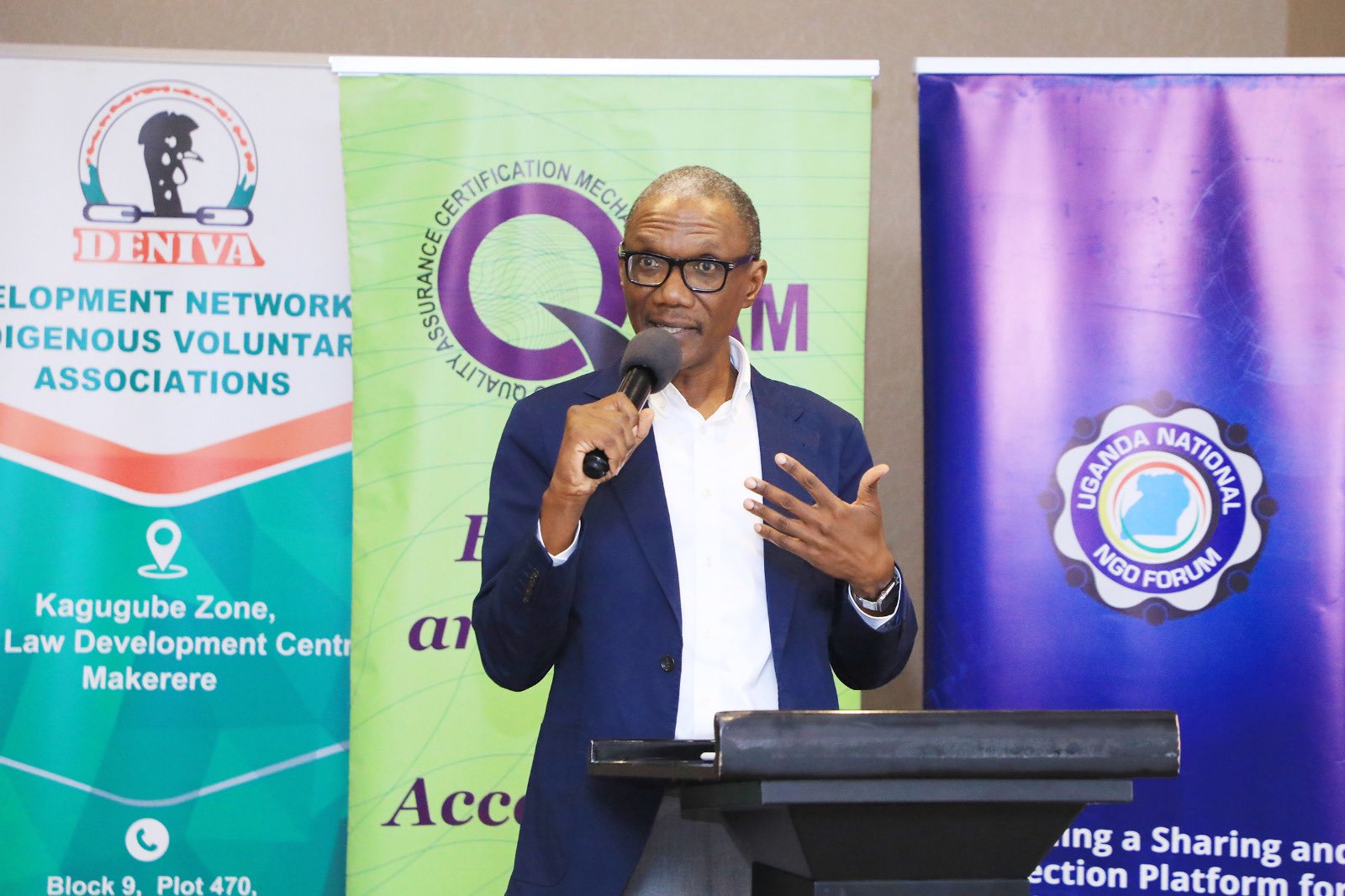
Consultancy: A Study on Mechanisms to Enable Civil Society Actors Access Corporate Social Investment in Uganda
- Background
Corporate Social Investment (CSI) is a self-regulating business model that helps a company be socially accountable to itself, its stakeholders, and the public. By practicing CSI, companies can be conscious of the kind of impact they are having on all aspects of society, including economic, social, and environmental. To engage in CSI means that, in the ordinary course of business, a company is operating in ways that enhance society and the environment instead of contributing negatively to them.
APN and UNNGOF are currently undertaking the Giving for Change (GfC) programme, implemented in eight African countries including Uganda, for the purpose of transforming how “development is done” by focusing specifically on the recognition and importance of domestic resources in community development. In 2021, the Africa Philanthropy Network (APN) in collaboration with the Uganda National NGO Forum (UNNGOF) conducted a Legal Assessment Study to examine the enabling environment for CSOs, including philanthropy support organizations to thrive in Uganda. This study revealed that Uganda has an adequate supportive legal environment to implement CSI as a philanthropy practice, though little is known by CSAs and limited cooperates donate to CSAs for public cause.
APN and UNNGOF in collaboration therefore seek to examine the CSI landscape in Uganda and to identify mechanisms that will enable Civil Society Actors (CSAs), including Philanthropy Support Organizations (PSOs), to access more resources for social justice work.
2. Partners Organizations
Below is a brief about the two partner organizations:
Africa Philanthropy Network (APN) is a continent-wide network of institutions and individuals in Africa and its diaspora who promote the culture of philanthropic giving by providing leadership on the development of philanthropy agendas. The Network brings together an ecosystem of varied philanthropy support institutions and civil society actors serving different forms of African philanthropy, with the aim of consolidating the voice of African philanthropy to address social injustice and development issues on the continent.
APN believes that Africa can effectively mobilize and harness domestic resources for its own development and to reclaim the power and elevate practices of African Philanthropy. APN focuses more explicitly on the multi-stakeholder end of the philanthropy spectrum, with emphasis on African models of philanthropy as an act of participation, dissent, empathy, solidarity, and as a development tool. In short “philanthropy of the people and their community”.
Uganda National NGO Forum (UNNGOF): UNNGOF is an independent and inclusive national platform for Ugandan CSOs in their diversity. UNNGOF’s mission is to provide a sharing and reflection platform for NGOs to influence governance and development processes in Uganda, and enhance their operating environment.
With the support of the Dutch Ministry of Foreign Affairs, through an international consortium, the Giving for Change Alliance, UNNGOF is undertaking a 5-year programme, Philanthropy for Development – community led development through community and domestic philanthropy. The Philanthropy for Development programme sets out a bold vision for transforming how “development is done” by focusing specifically on the recognition and importance of domestic resources in increasing local ownership, unlocking agency and strengthening communities’ ability to claim entitlements from different actors.
The programme works through Communities of Practice (CoPs) premised on Youth Participation and Empowerment, Gender and Human Rights, Social Accountability, Governance and Civic Empowerment, and Education; with partners working across the 14 regions of Uganda (Acholi, Lango, West Nile, Sebei, Karamoja, Teso, Bukedi, Bugisu, Buganda, Busoga, Bunyoro, Tooro, Ankole and Kigezi).
3. Objective
The objective of the consultancy is to review the existing practices and provide suggestions on a suitable mechanism for fostering CSI practice that is accessible to CSOs in Uganda. Specifically, the consultancy will focus on, but not limited to the following:
i) Assess the state and practice of CSI in Uganda.
ii) Establish the knowledge gaps of Civil Society Actors (CSAs) including the philanthropy development support organizations (PSAs) on CSI.
iii) Identify if any, instances of CSAs accessing and benefitting from CSI to implement social justice causes; and
iv) Propose an effective mechanism and tools to enable CSAs access CSI funding for social justice work.
4. Methodology
The consultant is expected to collect information from a desk review and interviews with key informants to collect both quantitative and qualitative data. First, conduct an intensive review of existing literature and recent CSI related studies conducted in Uganda; and second, to conduct key informant interviews with carefully selected corporates and CSAs.
5. Scope of Work
The scope of work for this study will include but not be limited to the following:
i. Review of the context (political, social, economic, environmental and legal) regarding CSI;
ii. Review the existing knowledge, attitude and practice regarding CSI by the businesses/corporates’ leaders;
iii. Review the existing knowledge, attitude and practice regarding CSI by the CSAs leaders;
iv. Conduct interviews with selected CSAs and Corporates/businesses;
v. Establish the knowledge gaps on CSI; and
vi. Provide suggestions of an effective mechanism and practical actions for CSAs to unlock and access more CSI resources for social justice work in Uganda.
6. Expected Key Deliverables
The expected deliverables are:
- Inception report detailing the methodology and process for implementing the consultancy;
- Literature review report;
- Key informants list and interview guide and transcribed key informants’ interviews;
- Draft analytical report for discussion and inputs by the clients; and
- Final report with concrete recommendations and action on mechanisms to engage with CSI.
7. Duration of Work
The consultancy shall commence not later than 30th November 2023, and the consultant is expected to provide a total of 12 professional input days. The total duration of the assignment should not last more than 30 working days from the date of contract signature.
8. Required Expertise and Qualifications
The consultant shall have the following qualifications and experiences:
- Experience in conducting research using participatory techniques; and with private and civil society sectors.
- Knowledge and understanding of CSI is desirable.
- Demonstrable knowledge of the CSO and philanthropy field.
- Demonstrated competency to produce analytical social reports.
- Fluency in English (both written and spoken).
- Good reporting and presenting skills; and
- Punctuality and availability to complete the work on time.
9. Submission of the Proposal
You are requested to submit your proposal, both financial and technical, including the mandatory and non-mandatory provisions. Cost(s) should be presented in USD and or UGX.
Please send your quotes through email to info@ngoforum.or.ug with a copy to vacancy@africaphilanthropynetwork.org by close of business Friday 24th November 2023.
To download the TORs, please click here



